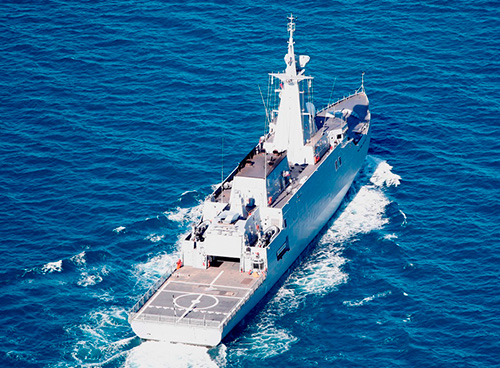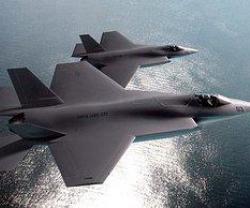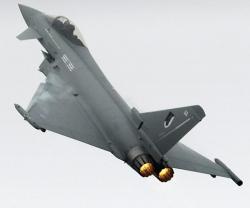On 12 July, the Kingdom of Saudi Arabia has signed a contract for the construction of five corvettes, an operation that amounts to 1,800 million Euros and represents the largest in the history of Spanish public shipyards with a foreign client. This contract strengthens the immediate future of Navantia and will benefit all the shipyards of the company.
The signing of this contract with Arabia will benefit the entire Navantia staff, the local industry with which it collaborates and, especially, the entire Bay of Cádiz, which explains that it has received support from all areas of the Administration. This important operation also puts in value the international presence of the company since it places it in a fundamental area for the development of new programs.
Navantia is a strategic company because it has capabilities, facilities and areas of knowledge that are considered essential for Defense and National Security. These are aspects that are being considered in the new Strategic Plan, which are also shared by the workers' representatives and which, in addition, will help to promote innovation and digital transformation projects aimed at strengthening competitiveness.
This contract, which has been negotiated with the kingdom of Saudi Arabia since 2015, will involve a global workload of around seven million hours for the shipyards of Bahía de Cádiz, Ría de Ferrol and Cartagena and their auxiliary industry. It is, therefore, a key contract to guarantee the work activity of Navantia, mainly for its shipyards in Bahía de Cádiz. The program will start at the end of 2018 and the last vessel will be delivered in 2022. In addition, Navantia will be responsible for Life Cycle Support for five years, from the delivery of the first vessel, with an option for an additional five years.
Regarding its impact on employment, it is estimated that during 5 years approximately 6,000 direct and indirect employees will be generated annually. Of these, more than 1,100 will be direct employees, more than 1,800 employees of the Auxiliary Industry of Navantia and more than 3,000 indirect employees generated by other suppliers.
In addition, it consolidates the Company internationally and especially this product with its own combat system, which can satisfy the needs of other potential customers in the region and in other markets of interest.
The corvettes will be based on the Avante 2200 and adapted to the requirements of the Saudi Arabian Navy, offering advanced features, among which stand out an excellent behavior at sea, high survival capacity and operating capacity at extreme temperatures in the area of the Gulf, all with an optimum life cycle cost.
The design of the corvettes is state-of-the-art, maximizing at the same time the participation of Navantia incorporating its own products such as the CATIZ combat system, the HERMESYS integrated communications system, the DORNA firing direction, the Integrated Platform Control System, the MINERVA integrated bridge and motors and gearboxes.
The contract also includes the supply of various services such as integrated logistic support, operational and maintenance training, supply of Training and Training Centers for the Combat System and Platform Control System of ships, Support for Life Cycle, and the systems for the maintenance of the ships in the Naval Base.
In addition to the corvette contract, Navantia has agreed with the Saudi state company SAMI (Saudi Arabian Military Industries) the creation of a Joint Venture (JV) in Saudi Arabia.
This alliance benefits Navantia and allows to strengthen the defense programs in Saudi Arabia, reinforcing its economy in line with the Vision 2030 promoted by the Government of this country.
This Joint Venture is an exceptional opportunity to position the integrated systems and technologically advanced solutions of Navantia in the Saudi market and its area of influence, and is aligned with the company's internationalization strategy.
The corvettes for Saudi Arabia are based on the model AVANTE 2200 of Navantia which is a multi-purpose vessel specially designed for missions of surveillance and control of maritime traffic, search and rescue missions and assistance to other ships, among others. In addition, the vessels will have an important capacity for the defense of strategic assets, intelligence and antisubmarine, antiaircraft, antisurface and electronic warfare capabilities.



















